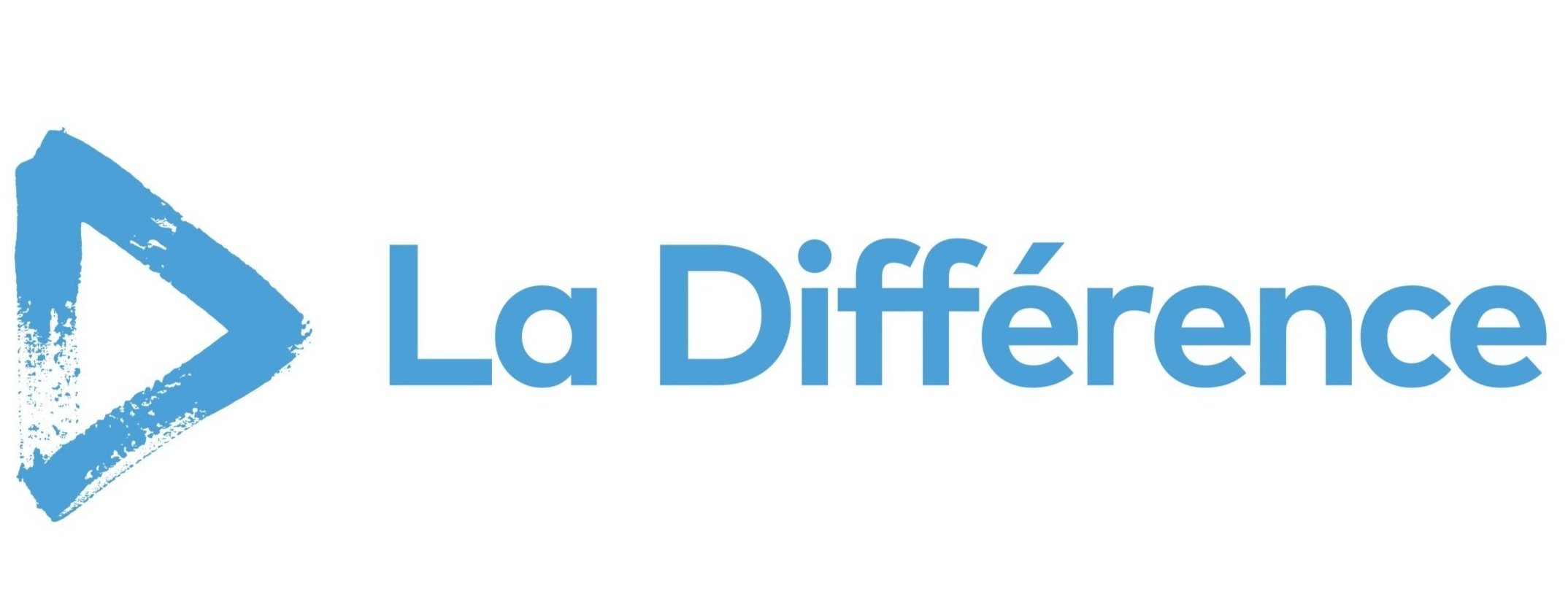Crossing the Pioneer Gap:
the challenges faced by social entrepreneurs in Eastern Congo
La DifférencE interviewed thirty entrepreneurs in goma and bukavi in march and april 2021
For entrepreneurs the ‘pioneer gap’ is the difficult phase between starting a business and achieving scale. It is the phase when a business must prove it delivers value and can grow sustainably and it often spans the second and third years after start-up.
It was first described a decade ago and is particularly a challenge in developing countries where there is no support ecosystem. Even in more developed markets, 60% of start-ups fail within three years, mostly in their second or third year of operations. In less developed markets the percentage is much higher.
What then is the situation in the Kivu region of Eastern Congo where a new generation of entrepreneurs are setting up businesses to help address decades of extreme poverty, economic instability and chronic insecurity?
They face real challenges. DRC is ranked 182 out of 190 in terms of ease of doing business. Poor infrastructure, low education and predatory taxation mean that most people are trapped in low productivity activities, mainly in the informal sector which employs 89% of the workforce. The pandemic, as in other countries, has added to the struggle.
So how are they faring? Has this new generation of entrepreneurs been able to cross the pioneer gap, which in Congo is defined as the journey from a revenue of $20,000 pa to $400,000 pa?
In March and April 2021 La Différence conducted interviews with thirty entrepreneurs in Goma and Bukavu to find out. To learn what we discovered, read below or download the full report.
Our research findings
Motivation remains high
Despite the challenges every single respondent said they continue to be motivated by the market opportunities and that they are positive about the future.
“An entrepreneurial culture can lead us to live our dream of a peaceful and prosperous Congo in which each individual is part of the solution” Un Jour Nouveau, Goma
This is especially true in the digital technology sector:
“Our vision is to support the African continent in its digital transition by making each IT tool part of the solution to our everyday African problems” Congo Success Technologies, Taxi ON, Dialogue Nduwayo, CEO
According to the UN 2030 Agenda for Sustainable Development, they are on the right track. Entrepreneurship is essential for achieving inclusive and sustainable economic growth (SDG 8) and for catalysing progress towards the twin goals of prosperity and peace. Data from post-conflict countries like Colombia and Rwanda underscore the critical importance of entrepreneurs. The World Bank says entrepreneurs are "essential for poverty reduction and economic growth" and the International Peace Institute says they can "make a powerful contribution to the peace ecosystem."
The incubators are a big help
More than three quarters of the entrepreneurs interviewed said they had graduated from the support of local incubators, including Un Jour Nouveau, Kivu Entrepreneurs and Orheol. Every respondent recognised the valuable training they offer.
“Our mission is to help each individual to discover, develop and deploy their potential” Un Jour Nouveau.
Still, it is tough
Almost all the entrepreneurs interviewed said they had at some point turned to their friends and family members for financial support, either in the form of a loan or as an investment in the project.
“I don't know a single entrepreneur who said it was easy at the beginning, says Manick Syllas, an entrepreneur in the digital sector in Goma… personally it was difficult and it took a lot of sacrifices and personal savings so that we could start the business”
Once they begin to cross the pioneer gap, financial support, if anything, becomes more difficult to access:
“The financial structures are not suitable. They are not able to assess our business. When you apply for credit and present a balance sheet to a banker, he will physically assess tables, furniture and computers and treat that as a business value. For me, the value of my company is the set of software that I have already built” Patrice Binwa, CEO NALEDI SERVICES.
The pandemic has definitely made the journey more difficult
The majority of interviewees said they had been hit hard by the economic effects of the pandemic with 68% saying they experienced delays or disruptions in their supply chains and 72% saying they had to modify their business models to adapt to the economic constraints
“It was difficult for us to supply ourselves with packaging, which meant that we could no longer produce and sell ground coffee” Rosette Mafuta, Administrator, Alpha New SARL
“It affected contracts that were in progress… and we took a few steps back” Faysal, CEO, Faysal Company,
In reality few entrepreneurs in Kivu have crossed the pioneer gap
The fact is that none of the entrepreneurs interviewed in this research had crossed the pioneer gap and were generating over 400,000 $ per year. A few were progressing well, but more than 90% of the interviewees were generating less than $50,000 pa even though most had been operating for eighteen months or more.
These figures are indicative. Thirty interviews is not enough for a credible sample. Even so it is clear that the pioneer gap is a chasm in Eastern Congo and with little or no support, very few businesses have been able to make it across to the other side.
On this basis La Différence is stepping up its support for entrepreneurs in the region and launching an acceleration program to accompany entrepreneurs on the journey by providing them with training, seed investment and customised support. In this way we will walk across the pioneer gap together and build a new Congo for the benefit of all.
Sources:
https://ssir.org/articles/entry/closing_the_pioneer_gap#
https://blog.movingworlds.org/what-is-the-pioneer-gap/

